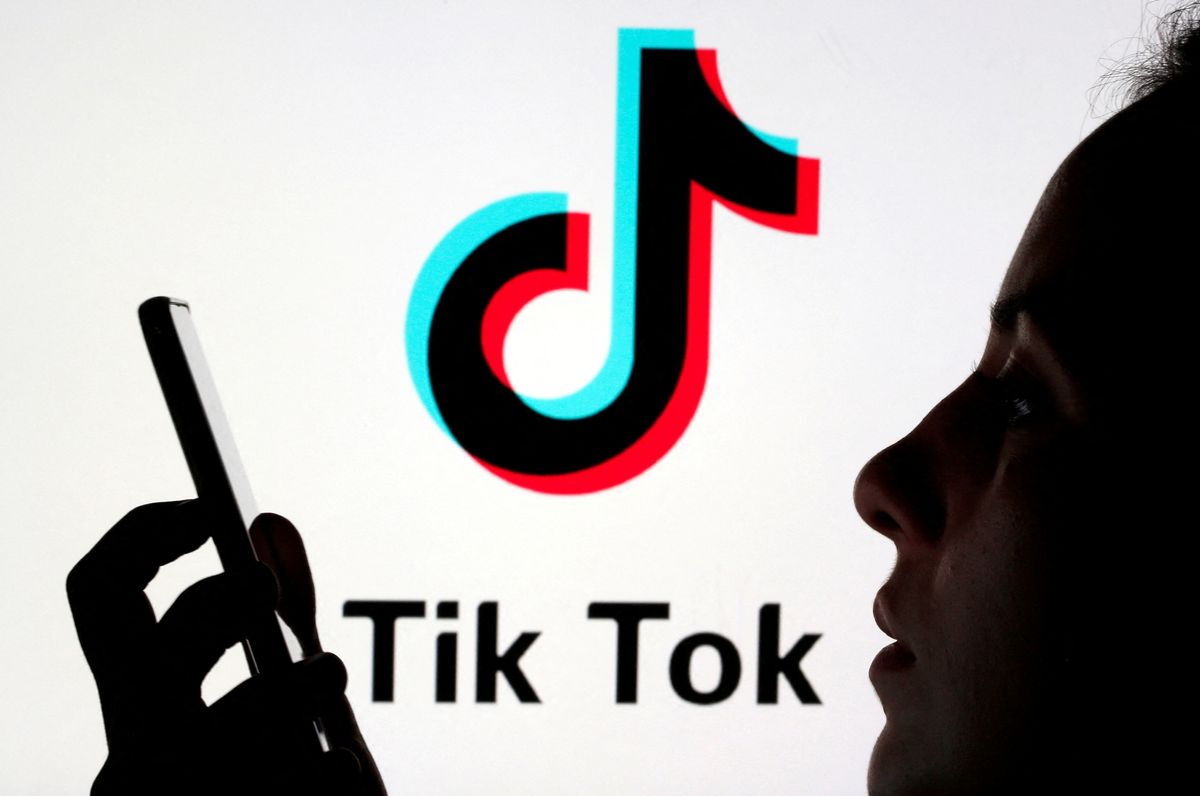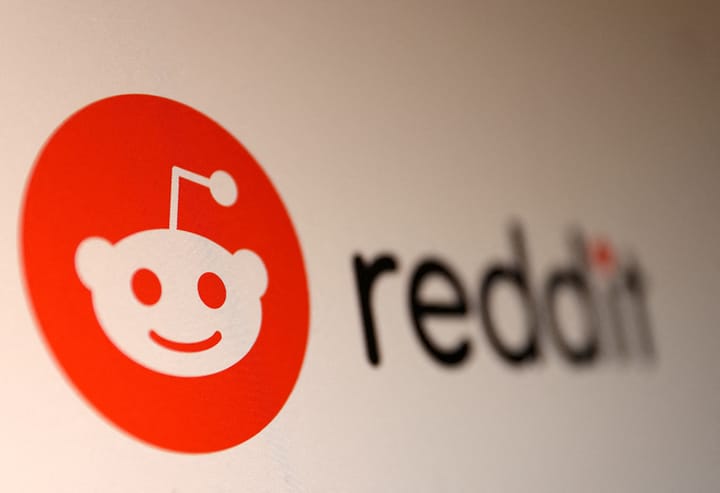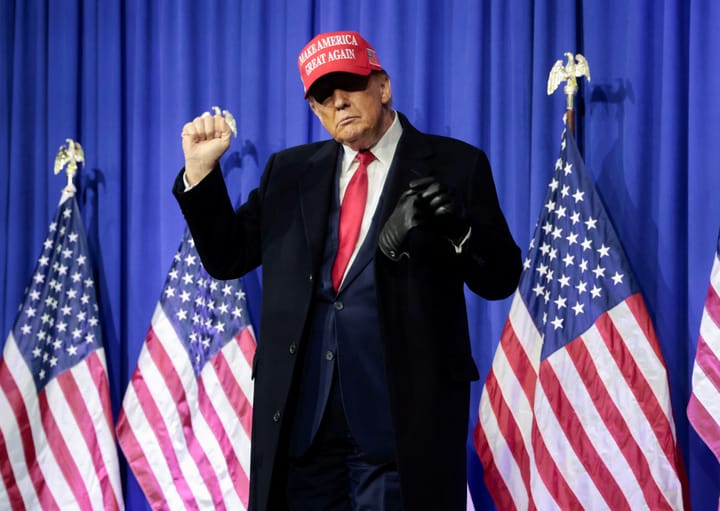TikTok is becoming a hub for personal finance skills
Learning to save, budget, invest and spend wisely doesn't come naturally to most of us.

A few minutes every morning is all you need.
Stay up to date on the world's Headlines and Human Stories. It's fun, it's factual, it's fluff-free.
You've heard of BookTok, WitchTok, SkinTok, ArtTok and maybe even MomTok? But are you familiar with MoneyTok and FinTok? It turns out younger people are getting a personal finance education from no other than the world's shiniest social media platform, TikTok.
Though sometimes taught in schools, personal finance skills usually come with some trial and error during early adulthood. Learning to save, budget, invest and spend wisely doesn't come naturally to most of us. But social media could end up being the starting point for building a workable personal finance knowledge.
FinTok is super popular right now. Content tagged #stocktok has over 1.4 billion collective views, and #PersonalFinance has over 4.4 billion. These videos cover student debt, taxes, stock market investing and even retirement funds.
"I strive to give people the information I wish I would have had to set myself up to win with money when I was 18," says content creator Seth Godwin, who previously worked for a financial institution.
Surveys have found that about a third of young Americans are seeking financial guidance on TikTok. Of course, not everything that you find on the internet is trustworthy. TikTok does have a history of promoting different failed cryptocurrencies and activist investing (like what happened with the Game Stop meme stock last year).
"It really comes down to who you build trust with," says Grace Lemire, a FinTok content creator. "There are people who resonate with the content that I post, and they trust me, and so they trust my advice. But there are people who don't resonate with my content, and so they don't trust my advice."
A TikTok spokesperson says: "Our guidelines make clear that we do not permit content that brings about financial or personal harm – and we have specific rules banning pyramid, Ponzi or similar schemes."
Trusted creators can fill in the gaps of a lacking financial literacy education. But that's still not enough to substitute a real class or knowledge from personal experience. "I'm not going to be able, in a three-minute TikTok video, be able to tell you everything you need to know about personal finance," content creator Erin Confortini explains.




Comments ()